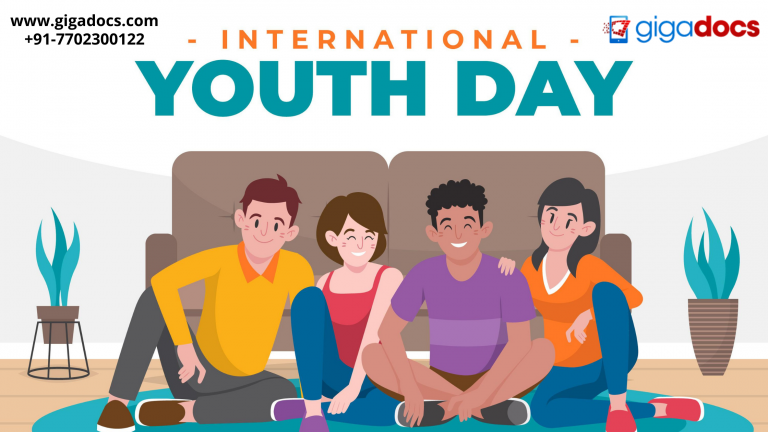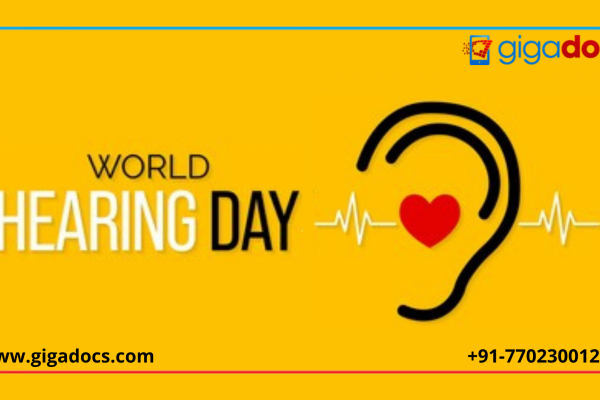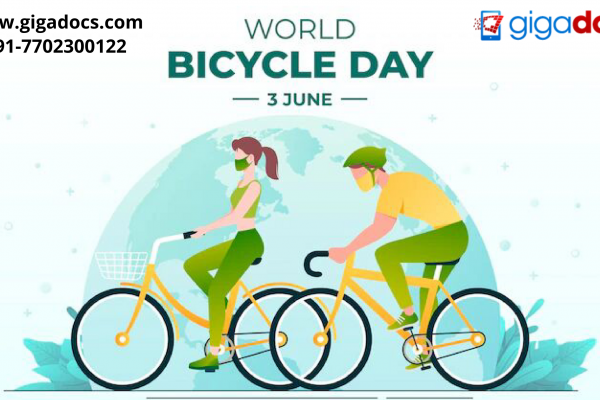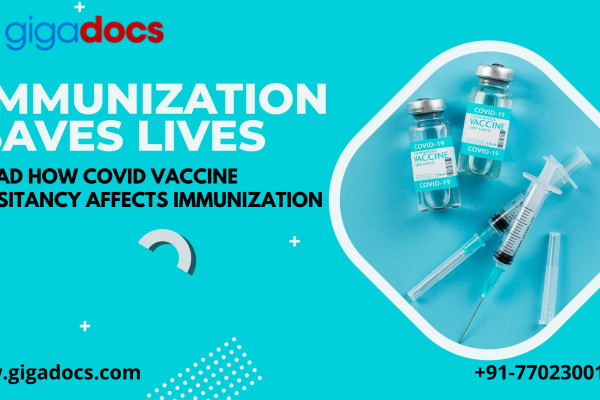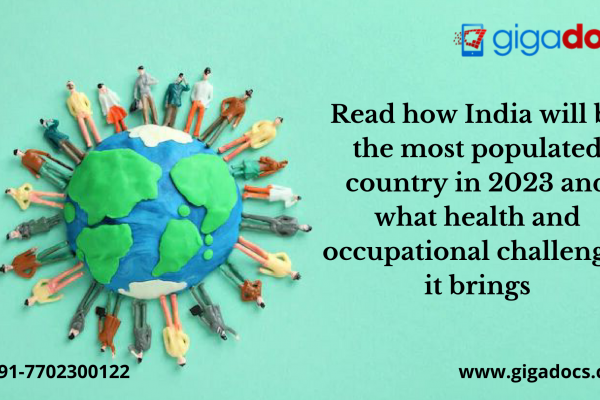The term “youth” has no commonly accepted international definition. However, the United Nations considers ‘youth’ as individuals aged between 15-24 years for statistical purposes.
The current generation of youth accounts for half of the world’s population, with around 3 billion individuals under 30. They are the ones with unrealized potential that can be reinvested back into society building.
International Youth Day
The prosperity of a nation lies on the shoulders of its youth, their health, education, and overall well-being. Along with their physical, cognitive, and social growth, the transition from adolescence to adulthood presents many hurdles.
In 1999, the United Nations introduced the International Youth Day to promote awareness, celebrate, and highlight the opinions, activities, and achievements of young people, as well as their “vital, inclusive, and equal participation”. Since its inception in 2000, International Youth Day has been observed every year on the 12th of August.
This year’s International Youth Day is different because the coronavirus pandemic has swept the globe this year. The traditional activities for International Youth Day, such as concerts, seminars, cultural events, and gatherings, would be replaced by digital and podcast-style debates presented by the youth for the youth.
Challenges Faced by the Youth
- Health Challenges- Obesity, unemployment, and psychological disorders are one of the main challenges faced by today’s youth. Studies have found that screen time (smartphone, internet, and social networking sites) directly correlates to the onset of anxiety and depression, and suicidal thoughts. Some people use substances out of curiosity to fight emotions of solitude, despair, tension or worry or manage personal troubles and challenges, little they know that this may soon become a dangerous addiction.
- Mental Wellness- Amid their hectic schedules and priorities, following a routine is usually neglected. And this has long-term negative consequences for their quality of life and wellbeing, affecting their personal, social, and occupational functioning. Managing mental health requires leading an active and healthier life. A good night’s sleep, a balanced diet, abstaining from addictions, and engaging in regular physical activity can all remain physically and psychologically well.
- Emotional Distress- One can’t deny that youngsters are virtually infamous for adopting their way of living. It’s hardly surprising, given that many people, particularly young people, have learned to identify and value themselves and others solely on the labels they wear and the smartphones they have. Such ideologies are likely to instill emotions of inadequacy and scarcity, resulting in the disparity between one’s perceived and ideal selves.
- Hormonal Changes- Given the hormonal changes that occur during adolescence, it is natural for youth to feel strong emotions and feelings, putting them at risk for negative mental health consequences. When teenagers face challenging feelings such as solitude or excessively stressful situations that negatively impact their self-esteem, they are more likely to self-harm or attempt suicide.
Honest dialogue is the first and most crucial step in preventing mental illness in children and adolescents. We believe that when the situation is beyond control, it’s always wise to seek professional help and consult a psychiatrist on the Gigadocs E-Healthcare app. This golden rule applies to youth and seniors alike.
Promoting a Healthy Lifestyle
A happy youth is ideally suited to make a meaningful contribution to society as young citizens. Unhealthy behaviors, together with illnesses, act as a barrier to their development, preventing them from achieving their full potential. Lifestyle behaviors such as lack of physical activity, smoking, and sipping alcohol might jeopardize the youth’s health and the health of their future children and grandchildren. Promoting a healthy lifestyle and preventing health problems would help secure our young generation’s future. Good habits acquired during youth and growing years indeed make all the difference.
Youth, Unemployment, and Covid
Young people are especially prone to the coronavirus pandemic’s disruption. The pandemic puts young people at risk of serious illness, hospitalization, and death.
Before the COVID-19 epidemic, young people (aged 15 to 24) were three times more likely than adults to be unemployed, with over 125 million young people living in extreme conditions and undernourishment across the world. Informally employed youth account for over 77 percent of the world’s youth, with young women accounting for a higher percentage in low and lower-middle-income nations. This puts many at risk of falling behind or having uncertain temporary employment agreements, resulting in a lack of social safety.
Gigadocs for Youth
Gigadocs extends its best wishes to all young people around the world. Our youth are intelligent, energetic, determined, fearless, and ambitious. Their hope and daring objectives give them confidence and determination to achieve.
When young people have job prospects, they not only enhance their financial and social well-being but also contribute to the nation’s economic progress. The youth must believe in themselves and demonstrate strength and dedication to be the change they wish to see. Gigadocs supports youngsters by providing self-employment opportunities to the country’s young minds, who can make a living and contribute to society.
Gigadocs values the voice of the youth and offers Capital free self-employment opportunities to the young citizens of India. To know more feel free to reach us today-
Download the Gigadocs app-
- IOS App – apple.co/2W2iG4V
- Android App – bit.ly/33AQoRC
To know more e-mail, at info@gigadocs.com
